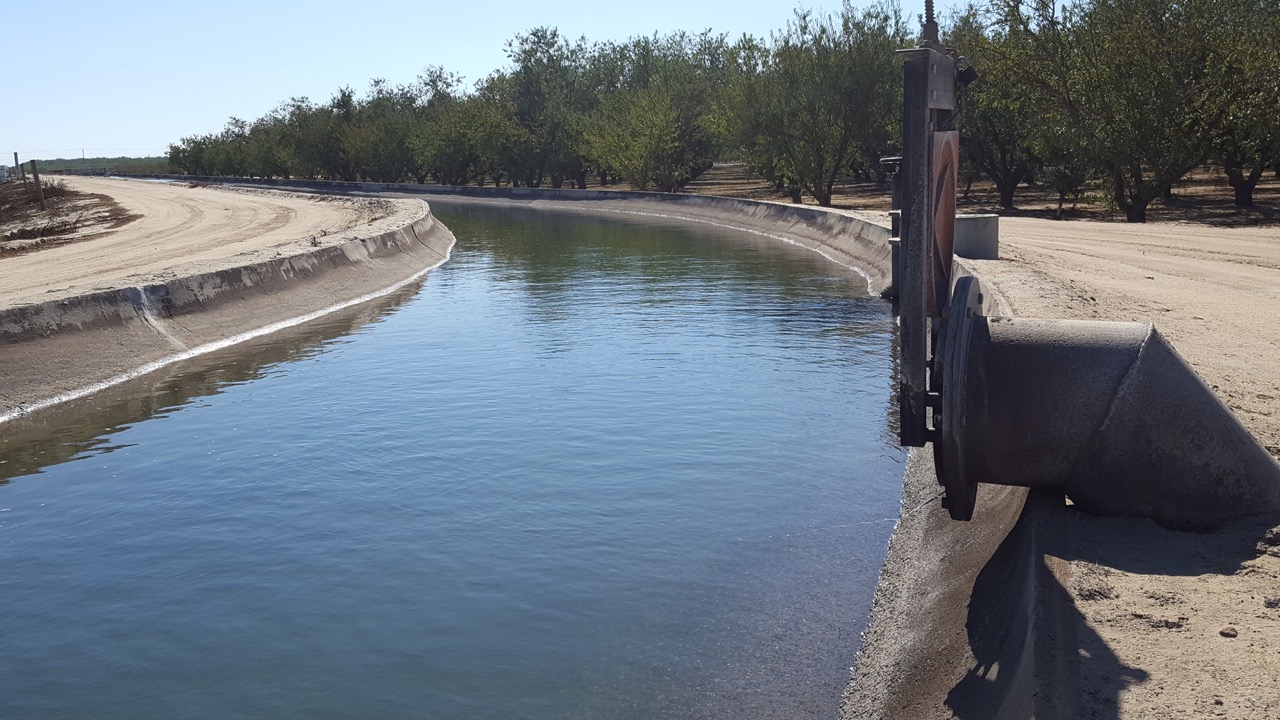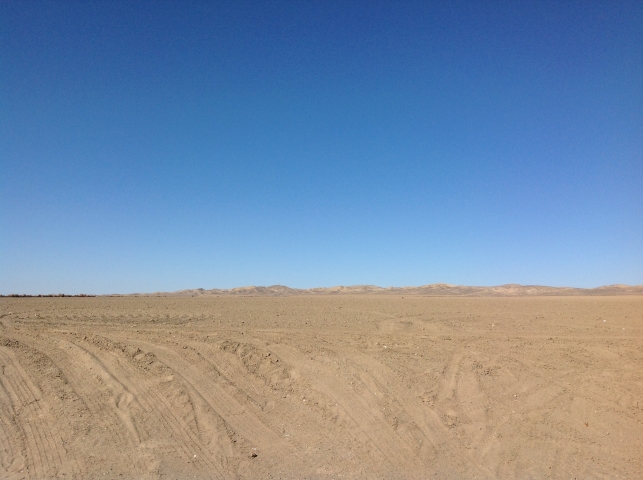SB1 Advances in Sacramento
SB1 Advances to California Assembly
The California Water Alliance announced today California Senate Bill 1, or SB1, by Senator Toni Atkins (D-San Diego), advanced from the California Assembly Appropriations Committee. SB 1 will now be considered on the California Assembly floor before the Legislature adjourns on September 13th.
Assemblyman Frank Bigelow (R-O’Neals), Vice-Chair of the Assembly Appropriations Committee, shared with the California Water Alliance, “I am disappointed that SB1 was released off suspense file with amendments that make it much worse for farming and California as a whole.”
SB1 effectively declares that California would adhere to laws governing clean air, water, endangered species and labor that were in place in January 2017, before the beginning of the Trump Administration.
“SB 1 is bad for farmworkers, farmers, and communities throughout the state of California,” said William Bourdeau, Chairman of the California Water Alliance. “Our environmental laws and regulations should be defined by current, sound science, not petty politics.”
SB1 would freeze the existing federal biological opinions. Future permits would be subject to outdated science and ineffective federal baseline measures, thus permanently, constraining the coordinated operations of the Central Valley Project and the ç.
Action Needed
The California Water Alliance has led effort to demand that the California Legislature “Fix or Nix SB1”: https://californiawateralliance.org/fix-it-or-nix-it/. The California Water Alliance is a non-profit, non-partisan organization that advocates for an increase in water supply for municipal, agricultural and environmental needs: https://californiawateralliance.org/.











